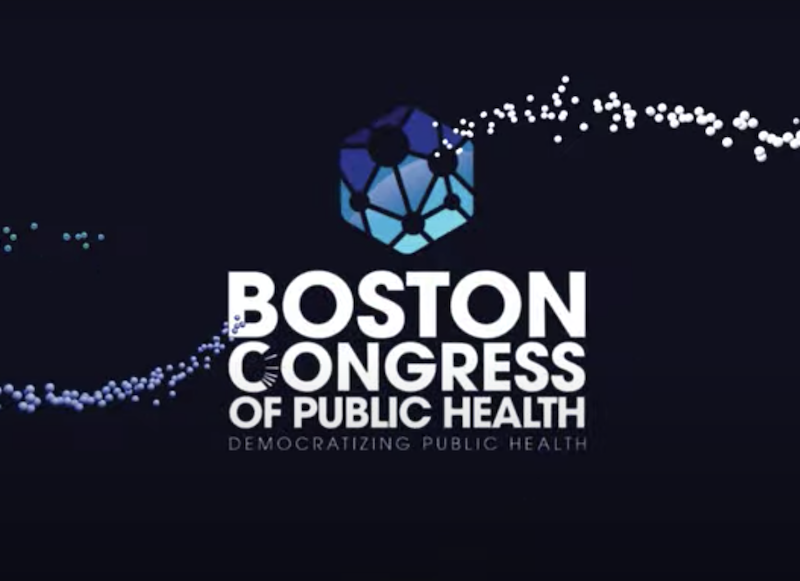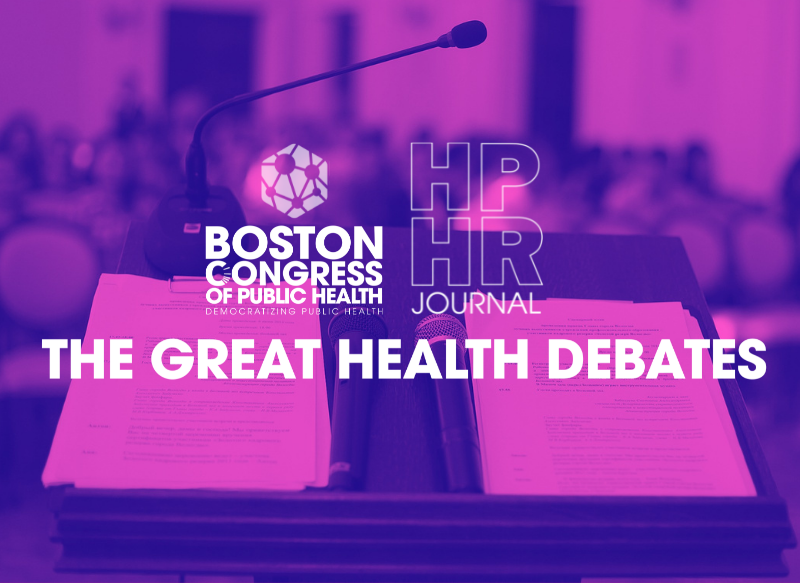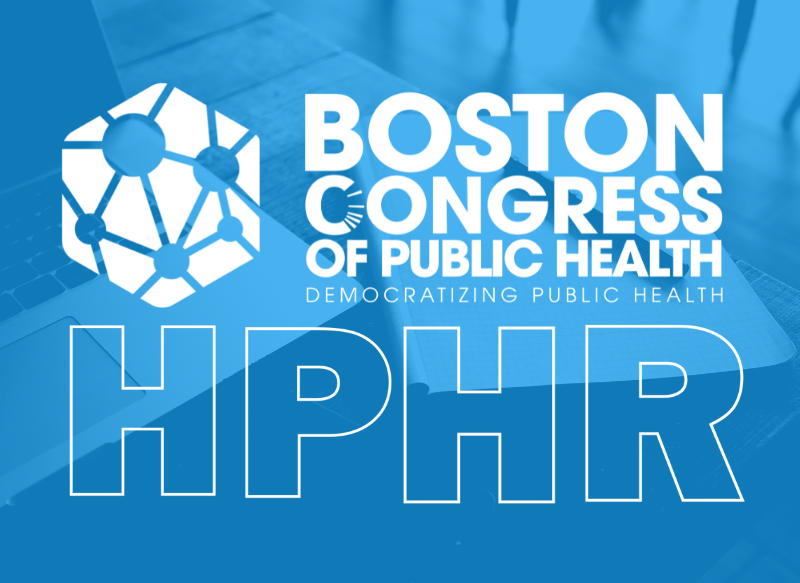Kate Okorie is an independent science journalist providing informed commentary on Africa’s health and environmental sectors. For over three years, she has covered stories around climate change and public health. She leverages the principles of solutions journalism in her work to foster ethical storytelling about the continent. Her reports and stories have been published in top regional news outlets, including Mail and Guardian, News24, Bella Naija, and Checkout Africa.
She holds a Bachelor of Pharmacy degree from Nigeria’s foremost university, the University of Nigeria Nsukka. Kate is a 2022 Health Literacy Leadership Fellow at the West Africa Institute of Public Health (WAIPH) and a 2020 Young African Leaders Initiative (YALI) Fellow. In 2020, she received a Peace First mini-grant recipient for her project to tackle COVID-19 misinformation in her community. In 2022, she was selected to cover the United Nations Climate Change Conference in Egypt and the second Conference on Public Health in Africa (CPHIA) held in Rwanda.
For her Thought Leadership series, she will be investigating the health consequences of climate change in the Global South.
She is motivated by research findings that show that providing information about these consequences can increase public engagement around climate change issues and support mitigation policies. Also, she has chosen the Global South because the region has been disproportionately impacted by the climate crisis, yet documented evidence remains sparse.
Joining her on this journey are esteemed public health experts, award-winning founders, and passionate young climate advocates whose works have helped to foster human and planetary health.
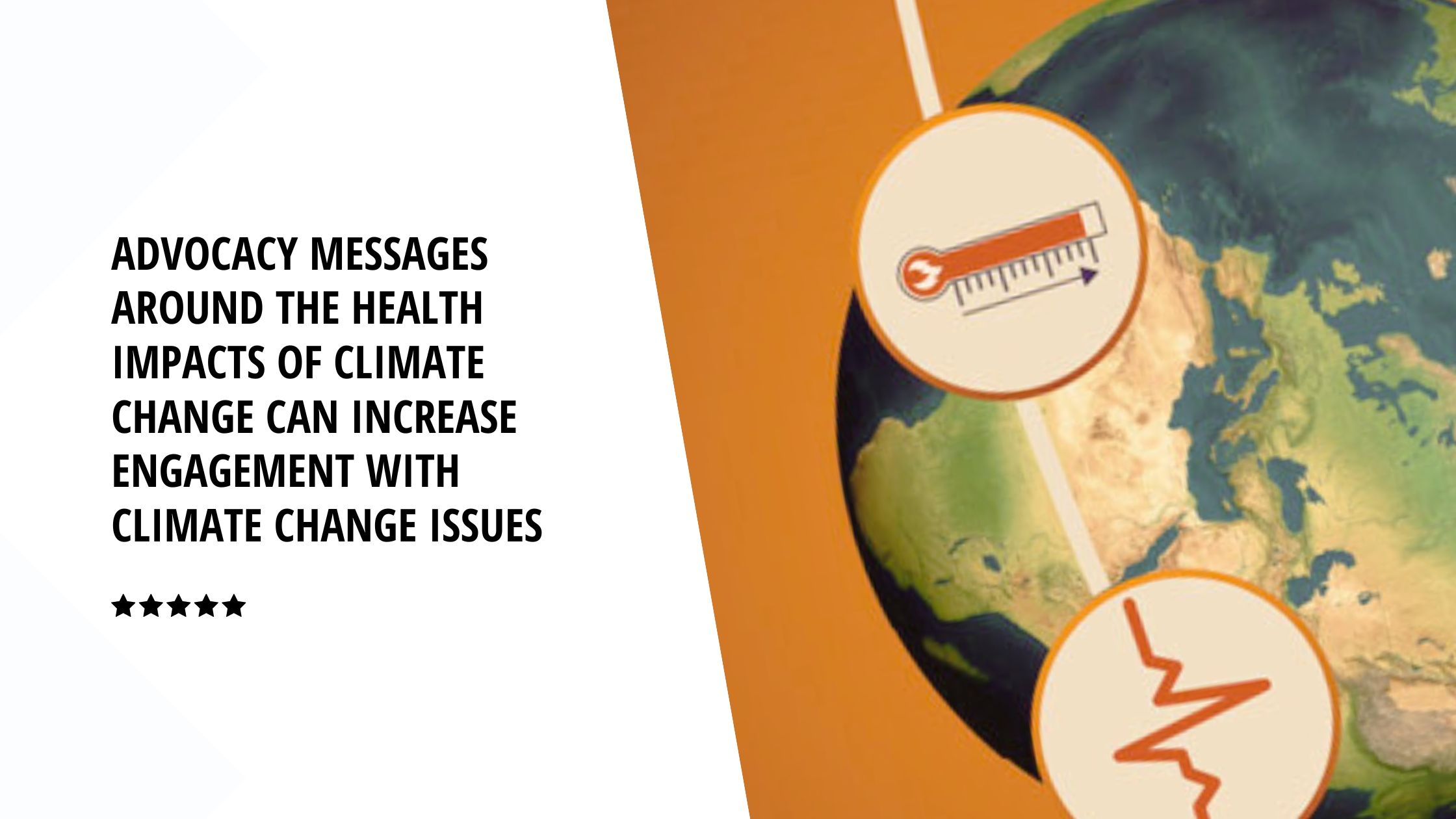
Advocacy messages centered around the health impacts of climate change can lead to increased engagement with climate change issues and support for mitigation policies.

Despite their success in raising public awareness about climate change, Just Stop Oil faces the potential risk of alienating the people they need to support their objectives.

The detrimental impact of air pollution is already evident, so it is no longer an option for cities to stick with unhealthy practices. Embracing the shift towards clean air is not only beneficial for health but also for the economy.
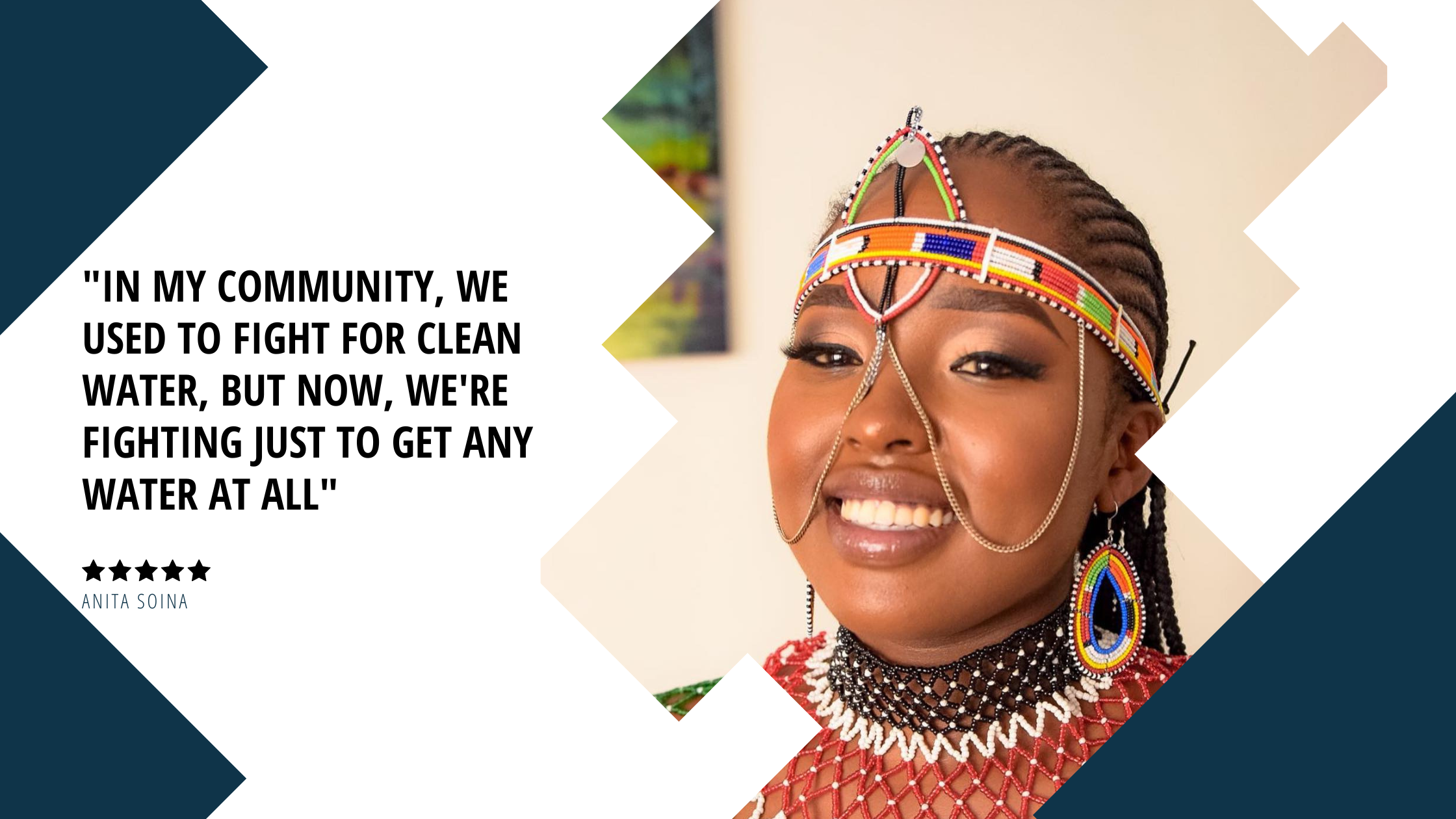
Kenya has been hit by its worst drought in forty years. Anita Soina provides insight into how the extreme weather condition has worsened period poverty, a significant public health challenge in the East African country.
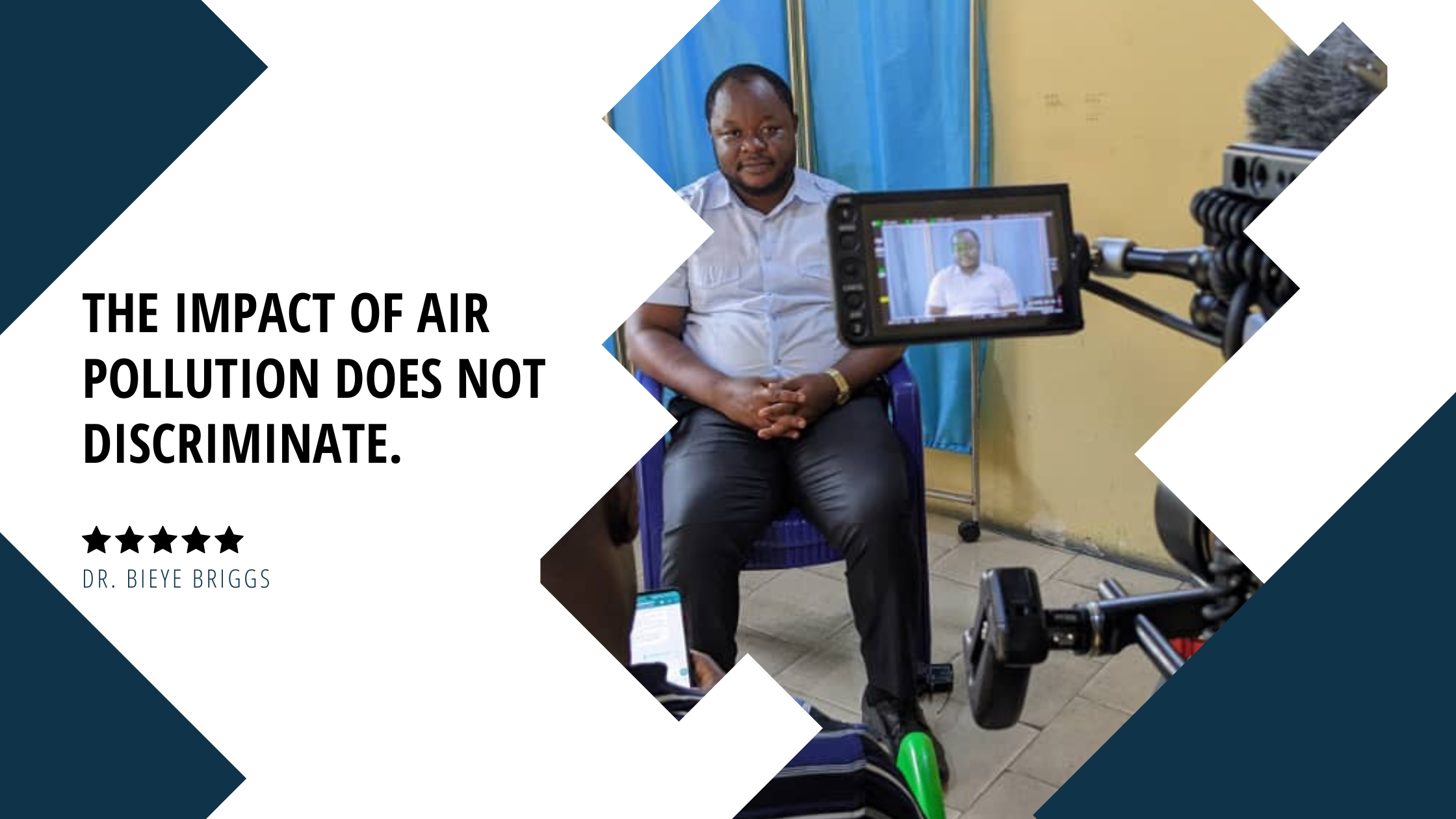
Black soot in Nigeria’s Port Harcourt city has increased mortality rates by 30%. In this interview, we discuss how the city has become a poster child for air pollution globally and the health consequences of air pollution as evidenced among residents.
The mission of the Boston Congress of Public Health Thought Leadership for Public Health Fellowship (BCPH Fellowship) seeks to:
It is guided by an overall vision to provide a platform, training, and support network for the next generation of public health thought leaders and public scholars to explore and grow their voice.
